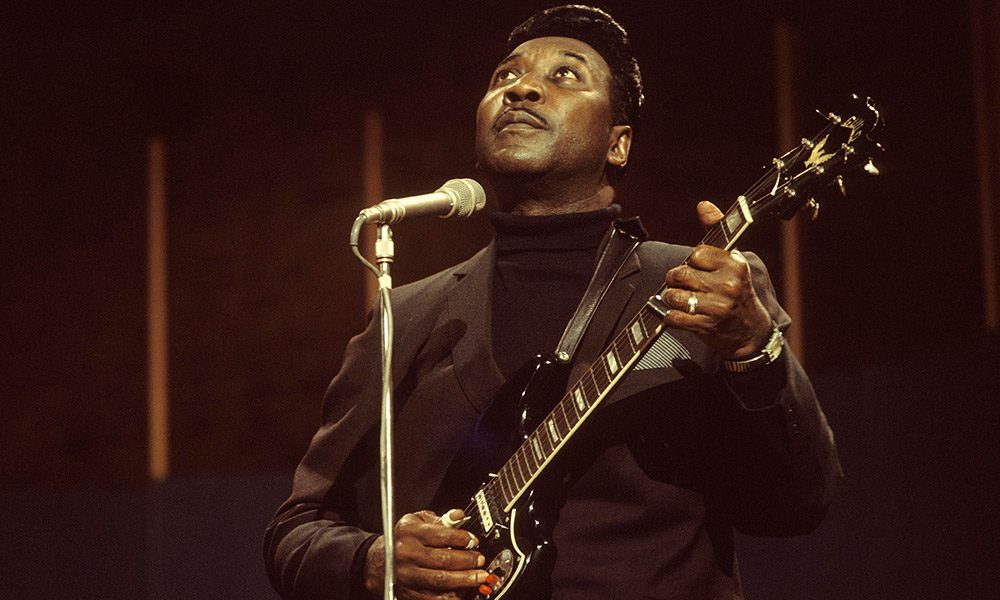The Father of Modern Chicago Blues
Birth and Early Life
Muddy Waters, born McKinley Morganfield on April 4, 1913, in Issaquena County, Mississippi, is a towering figure in the history of blues music. Raised in the Mississippi Delta, he earned the nickname “Muddy Waters” as a child due to his love of playing near muddy creeks. Growing up on Stovall Plantation, he was exposed to the rich traditions of Delta blues, learning harmonica and later guitar.
Career Milestones
- Early Recordings (1941-1942): Muddy was first recorded by Alan Lomax for the Library of Congress, documenting the authentic sounds of Delta blues. These recordings, such as “I Be’s Troubled,” brought his talent to a wider audience.
- Move to Chicago (1943): Seeking better opportunities, Muddy moved to Chicago, where he transitioned from acoustic Delta blues to electric blues. This change revolutionized the genre.
- Rise to Fame (1948-1955): His first hits, such as “I Can’t Be Satisfied” and “Rollin’ Stone” (1948), solidified his reputation. By the 1950s, Muddy was recording for Chess Records, producing classics like “Hoochie Coochie Man”, “Mannish Boy”, and “Got My Mojo Working”.
- Touring and Legacy (1960s-1970s): Muddy’s international tours introduced blues to new audiences, influencing rock acts like The Rolling Stones (who named themselves after his song) and Led Zeppelin. He performed at major festivals and recorded celebrated albums, including “Fathers and Sons” (1969), a collaboration with younger rock musicians.
- Later Career and Death (1980s): Waters’ later years included Grammy-winning albums like “Hard Again” (1977), produced by Johnny Winter. He passed away on April 30, 1983, but his influence endures.
Social and Cultural Impact
Muddy Waters was a cornerstone of the Chicago blues sound, merging the raw emotion of the Delta with the urban energy of electric instruments. This innovation laid the foundation for rock ‘n’ roll and rhythm and blues. Artists like Jimi Hendrix, Eric Clapton, and The Rolling Stones drew heavily from his style.
Beyond his musical contributions, Muddy Waters’ music resonated with the struggles and resilience of African American life during segregation and the Civil Rights Movement. His lyrics often touched on themes of empowerment, identity, and resistance.
Legacy
Muddy Waters’ contributions to music earned him numerous accolades, including six Grammy Awards, an induction into the Rock and Roll Hall of Fame (1987), and a spot on Rolling Stone’s list of the 100 Greatest Artists. His influence can still be heard in contemporary blues, rock, and hip-hop.
YouTube Topic Channel:
https://www.youtube.com/channel/UCZ5YpKcmxGptLgRRW8ujxHA
References
- Palmer, R. (1981). Deep Blues: A Musical and Cultural History of the Mississippi Delta. Viking Press.
- The Rock and Roll Hall of Fame. “Muddy Waters Biography.”
- Rolling Stone. “100 Greatest Artists of All Time: Muddy Waters.”
- PBS. American Masters: Muddy Waters.


Leave a Reply